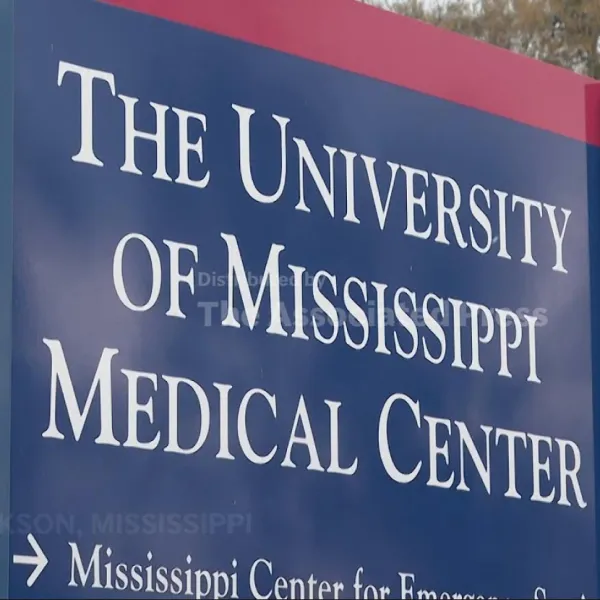Genefitletics Unveils Early Detection Test for Oral Squamous Cell Carcinoma

This test aims to identify the molecular signs of oral cancer in its earliest stages, utilizing a combination of next-generation sequencing (NGS) and machine learning.
Delhi-based biotech startup Genefitletics has launched ORAONCO, a pioneering early-detection test for Oral Squamous Cell Carcinoma (OSCC).
This test aims to identify the molecular signs of oral cancer in its earliest stages, utilizing a combination of next-generation sequencing (NGS) and machine learning.
Test Mechanism and Technology
The ORAONCO test analyzes saliva samples to measure the function of oral microbial cells and assess the interaction between these microbial activities and mitochondrial functions. The test employs a data-driven vector matrix algorithm built using over 5 billion molecular data points, phenotype metadata, and longitudinal data. This data is specifically tailored to the Indian adult population, which has higher risks of conditions such as type 2 diabetes, hypertension, gum diseases, and regular consumption of alcohol, tobacco, and other tobacco products.
Sushant Kumar, Founder and CEO of Genefitletics, explained, "The ORAONCO test combines and quantifies 27 biochemical pathways, covering seven molecular mechanisms that contribute to systemic inflammation, oxidative stress, and mitochondrial dysfunction—the core contributors to the development of oral cancer."
Advancing Early Detection and Treatment
According to Kumar, the ORAONCO test represents a significant breakthrough in the early detection of oral cancer. "Our proprietary technology allows us to go deep into the cellular level, identifying specific inflammatory and oxidative stress pathways that may lead to mitochondrial dysfunction, a hallmark of oral cancer. It enables oncologists to detect the disease at its earliest stage and to understand its mechanisms, providing the opportunity for prevention and more precise treatment."
With the potential to reduce mortality rates and improve survival outcomes, ORAONCO could play a crucial role in early diagnosis and intervention. By detecting oral cancer at its initial stages, the test offers oncologists a better understanding of its progression, potentially increasing survival rates significantly.
Stay tuned for more such updates on Digital Health News
































